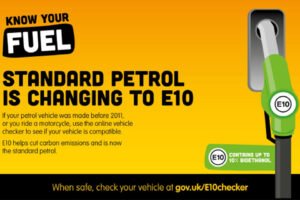What is Pass Plus?
Pass Plus is an extra driving qualification, over and above the driving test that gets you your full licence. It involves gaining practical experience by dealing with situations that most students haven’t covered in standard driving lessons. It also includes testing on skills they wouldn’t have been tested on before getting their licence.
The theory behind taking Pass Plus courses is that you’ll be less likely to be involved an accident on the road, which will not only keep you safe, but could mean you’re less of a risk in the eyes of your insurance provider. And if your insurance provider sees you as less of a risk, that could result in lower premiums.

Pass Plus Reduce risk of being in a road crash the course will help boost your awareness of all kinds of hazards and help you learn how to anticipate, plan for and deal with them safely, you can save money on car insurance premiums ,When you have successfully completed the course, you are advised to check available discounts offered by the insurance companies taking part in the scheme. The amount you save will depend on the company you choose, you may even save more than you paid for the course.
Pass plus can be taken any time although it should be most useful to new drivers in the year after passing their test. You do not pass the Pass Plus by taking a final exam/test. Your driving instructor monitors and assesses your performance as you go through and complete the six modules.
Each Pass Plus Course must consist of at least six hours training. During the course your driving instructor will record your progress on a training report form. When the instructor is satisfied you have successfully completed the course you will be issued with a Certificate of Completion.
Only driving instructors who are registered as Pass Plus Instructors can give the course. you will be taught how to deal with a wide range of road and traffic situations, many of which you probably won’t have faced before.
What do I learn on a Pass Plus course?
The course is split into six modules, which all cover various aspects of daily driving. They are:






